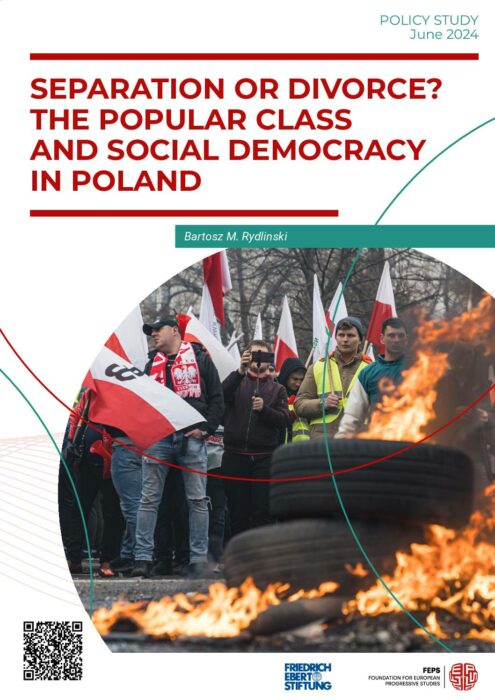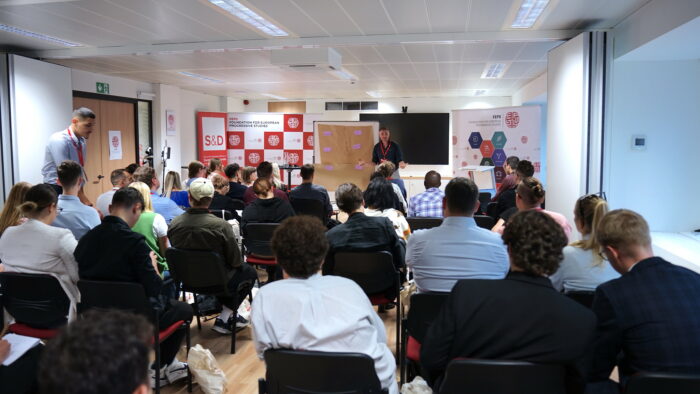Network
Find all related publications
Publications
Find all related Progressive Post
Progressive Post
Find all related events
Events
Past
11/06/2024
Online
29 - 30/04/2024
Madrid, Spain
03 - 04/05/2024
La Hulpe, Belgium
Find all related news
News
Find all related in the media
In the media















